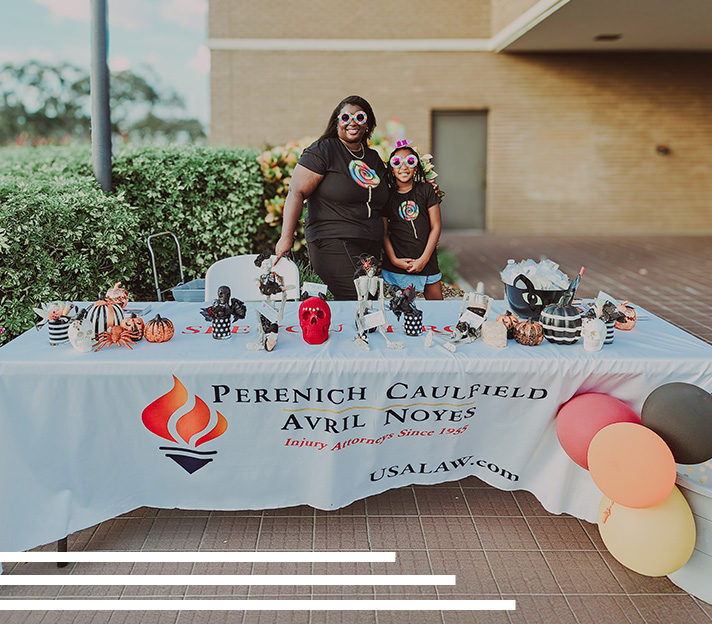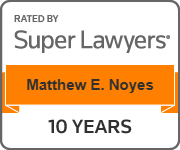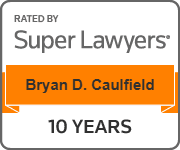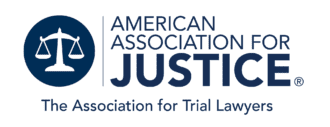Clearwater Train Accident Lawyer
When a train accident shatters the serenity of Clearwater, FL, and leaves you or a loved one grappling with pain, emotional turmoil, and a cascade of questions, know that you’re not alone. At Perenich, Caulfield, Avril & Noyes Personal Injury Lawyers, we understand the profound impact such a tragedy can have on a life. Our compassionate team is here to stand with you. We will listen to your story, acknowledge your pain, and place top priority on your pursuit of justice.
We won’t play around with your claim-–right from the start, we will be seeking the quickest possible out-of-court settlement for you, as long as the amount of the settlement reflects the real value of your claim. We will not fall for the negotiating tricks that insurance companies routinely try to pull on claimants who are unrepresented or who have selected mediocre legal representation.
Although we will try to settle (and almost all of the time we do), we stand ready and able to aggressively pursue a lawsuit that will compel the defendant to pay your claim. Contact our team today at (727) 591-3354 to set up a free consultation.
How Perenich, Caulfield, Avril & Noyes Personal Injury Lawyers Can Help You After a Train Accident in Clearwater
Perenich, Caulfield, Avril & Noyes Personal Injury Lawyers has been fighting for justice on behalf of personal injury victims since way back in 1955. During that time, we have handled numerous train accident claims. Since we have fought claims all the way up to the US Supreme Court, there isn’t much that can happen in a personal injury claim that we haven’t seen many times before.
During our nearly 70 years practicing personal injury law, our firm has pursued claims for thousands of clients while winning hundreds of millions of dollars in compensation for them. We consider it our mission to protect and compensate accident victims and their families. We offer the following services, among others: Below is an abbreviated list of some of the services we have to offer:
- Medical coordination: We can help you obtain the best and most cost-effective medical care. There are legal as well as health benefits to this.
- Determining the value of your claim: You can’t win your claim’s actual value until you know how much it’s worth.
- Investigating the accident. We can collect documentary and physical evidence, and we can interview eyewitnesses and expert witnesses. We might even seek to examine the train’s event data recorder for evidence of the accident.
- Negotiating with the opposing party. Negotiation, especially with a professional negotiator such as an insurance adjuster, is the last thing you should have to deal with while recovering from an injury. All major case decisions remain yours to make.
- Drafting legal documents for you, including a settlement agreement.
- Representing you in court if necessary. Few of our clients end up at trial, however, because we settle almost all claims out of court.
These are just seven out of many, many ways that we can help you. Learn more about our legal services by contacting our experienced Clearwater personal injury lawyers today.
Common Causes of Train Accidents in Clearwater, Florida
There are hundreds, if not thousands, of factors that can make a decisive contribution to the occurrence of a train accident. Nevertheless, the following few factors probably account for a significant percentage of all train accidents:
- Human error: Failing to observe signals, for example, or misjudging speeds.
- Intoxication: Intoxicated motorists sometimes attempt to slip through barriers while a train is approaching.
- Signal malfunctions due to defective equipment.
- Track defects caused by poor maintenance or outright vandalism.
- Brake failure–by the train or an approaching motorist.
- Obstructions on the tracks. Automobiles, unfortunately, are common obstructions.
- Miscommunication between train operators, dispatchers, and other railway staff.
- Inadequate training of train operators or railway staff.
A full list of the causes of train accidents would be too unwieldy to print here.
What Kind of Compensation Is Available After a Clearwater Train Accident?
Florida divides damages into three different classifications-–economic damages, non-economic damages, and punitive damages. A different set of damages applies if the victim dies from their injuries and thereby generates a wrongful death claim.
Economic Damages
Economic damages include:
- Past, present, and future medical expenses;
- Lost earnings;
- Diminished earning capacity (in the case of long-term disability);
- Property damage (loss of your automobile, for example); and
- Out-of-pocket expenses such as child care.
The general rule is that if you can easily count your damages, they are probably economic damages.
Non-Economic Damages
Non-economic damages include:
- Pain and suffering;
- Emotional distress;
- Loss of enjoyment of life;
- Disfigurement (facial scarring, for example); and
- Inconvenience.
Close family members can also file their own loss of consortium claim over your injury, if your injury causes them to suffer a loss of “companionship and fellowship.” You cannot file a loss of consortium claim yourself as the injured victim.
Punitive Damages
Courts award punitive damages to punish the defendant rather than to compensate the victim. Nevertheless, if you win a punitive damages claim, the money goes to you. To qualify for punitive damages, you must also qualify for economic damages, non-economic damages, or both. You must also prove, by “clear and convincing evidence,” that the defendant’s behavior was outrageous.
What Are Some Defenses That the Opposing Party Might Use Against Me?
There are dozens of potential defenses that a defendant might consider using against you. Most of these are off the table, however, because the facts of your particular case don’t warrant the use of them. Following is a description of some of the most common defenses to train accident claims.
Comparative Negligence
Florida applies comparative negligence when the negligence of more than one party causes the accident that produced the injuries in question. In March 2023, Florida changed its comparative negligence law from “pure comparative negligence” to “modified comparative negligence.” Just as before, as long as your percentage of fault (as determined by a court) is 50% or less, you lose that exact percentage of your damages.
A new cutoff applies, however-–if you were more than 50% at fault, you lose all of your damages. Suppose, for example, that your damages were $30,000. If you were 50% at fault, you could qualify to take home $15,000. If you were 51% at fault, however, you would lose everything and take home $0.00.
Third-Party Fault
A defendant could deflect your train accident claim by establishing (by a preponderance of the evidence) that some third party is liable for your damages. Suppose, for example, that you sue a railroad company. The railroad might use the third-party deflection strategy by blaming the accident on:
- The manufacturer, installer, or maintenance crew for a malfunctioning traffic barrier;
- The manufacturer, installer, or maintenance crew for a malfunctioning train brakes; or
- Tampering or vandalism.
In each case, a successful defense would let the defendant off the hook. In most of these cases, however, you could simply sue a different defendant.
Expiration of the Statute of Limitations Deadline
In Florida, the statute of limitations deadline for a personal injury claim is usually two years after the accident. For wrongful death claims, it is usually two years after the victim’s date of death. Certain exceptions occasionally apply. If you fail to meet the applicable deadline, your claim is dead. You likely won’t even be able to negotiate a private settlement.
Pre-Existing Injury
“Pre-existing condition” is one of the favorite defenses to a personal injury claim. Insurance companies are particularly likely to assert it. A pre-existing injury does not necessarily bar your claim, however. If a train accident exacerbated your pre-existing injury, a court can still hold the defendant liable for all resulting medical treatment.
Failure to Mitigate Damages
Suppose that after suffering injuries in a train accident, you fail to seek timely medical treatment. Alternatively, suppose you seek medical treatment but fail to follow your doctor’s instructions, resulting in the worsening of your condition.
In such a case, the defendant can assert the partial defense of failure to mitigate damages. The idea is that the defendant should not have to pay for your failure to take reasonable steps to limit your own damages.
Force Majeure/Act of God
Sometimes an accident is nobody’s fault. If the defendant can successfully attribute an accident to weather conditions, an earthquake, or another similar type of cause, they might be able to deflect blame from themselves. The “Act of God” must have been unforeseeable, and the defendant must have taken all appropriate precautions that were needed based on what the defendant could have known before the accident.
Failure to timely repair earthquake damage to train tracks, for example, is no excuse. On the other hand, if the accident occurred five minutes after the earthquake, the defendant might be relieved of liability.
When it comes to pursuing your train accident claim, time is of the essence. The quicker you act, the better your chances of receiving fair compensation. Every day that passes weakens your claim, just like sand passing through an hourglass. Don’t let the clock run out on your opportunity for justice. Take action now.
Contact our team today at (727) 591-3354to schedule your free initial consultation.
Visit Our Personal Injury Law Office in Clearwater, FL
Perenich, Caulfield, Avril & Noyes Personal Injury Lawyers – Clearwater Office
1875 N Belcher Road, Suite 201,
Clearwater, FL 33765
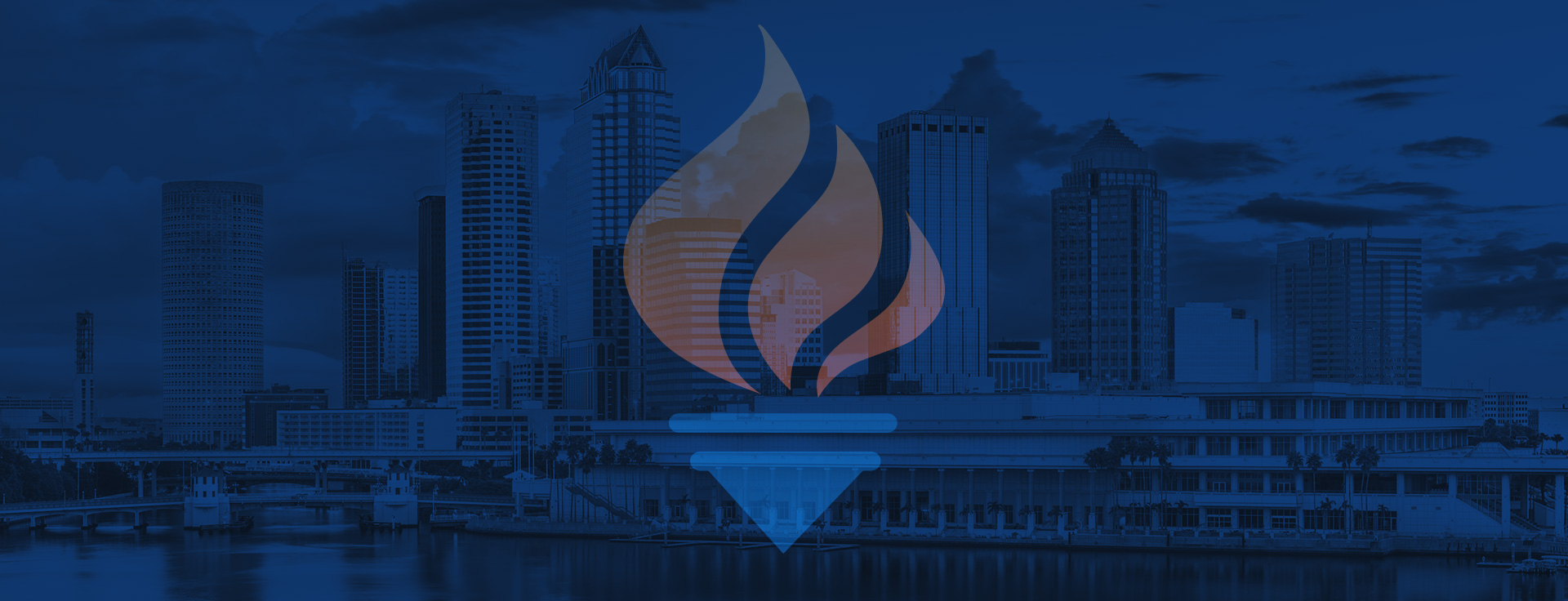
We treat you like family.
If you can’t come to us, we’ll come to you.
Representing Accident Victims in Tampa Bay since 1955
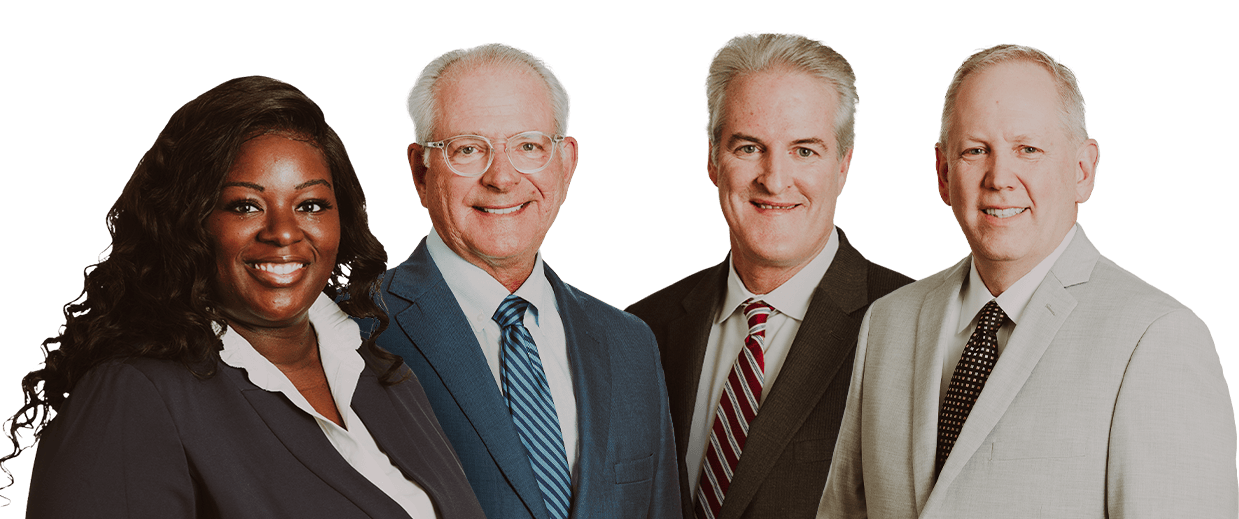


-
“Friendly knowledgeable and kept me informed about my case. Any offer, bill or question was readily answered. Would definitely recommend and refer people to Bryan Caulfield and his team!!”- Betty B.
-
“Mrs Bryant works her butt off to make sure you get what is do to you in medical and beyond! They won’t take your case if they don’t feel you haven’t been wronged.”- Christine R.
-
“Working with Mark Perenich on my auto injury case was an absolute game-changer. From the very beginning, he brought a level of professionalism, expertise, and care that immediately put us at ease.”- Kerry B.
-
“Lorrie and Allyson are phenomenal. I highly recommend them to anyone. It seemed like a never ending journey but I can’t thank them enough for diligently fighting my case with the greatest integrity, support and prayers.”- Former Client
-
“Allyson has been so helpful with navigating the disability process for my husband!”- Kaitlyn S.
-
“It honestly couldn’t have gone better. Pretty much perfect.”- Andreas B.
-
“From the first day we met this law group I felt very comfortable and knew we would be well taken care of. This was our first experience filing for SSD, and was not disappointed. The lawyers are awesome and very professional.”- Shari J.
-
“Very nice they worked with you. Never ignored me with my case. Always on top to work with you. Thank you so much for all that you have done to help me! Very highly recommend.”- Margarita O.
-
“My appointed attorney was Jacqueline, Bryant. She is very compassionate about her client and work. When it comes to negotiation, she's a Beast and she gets the job done.”- Alaina J.
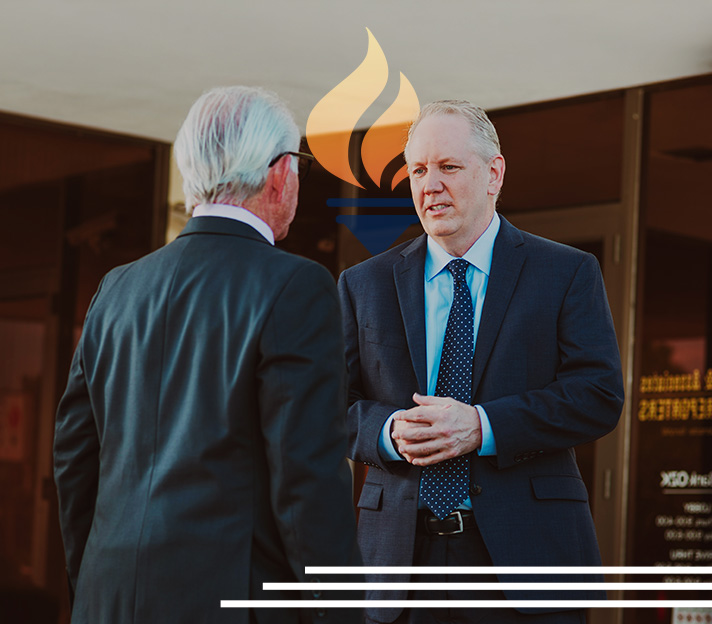

We’ve been proudly serving Clearwater, St. Petersburg, and the Tampa Bay area for generations. As the first personal injury law firm in Clearwater, our dedicated legal team brings over 300 years of combined experience to each and every case. If you’ve been injured and need support, please reach outtoday for a free consultation, we are here to help you.
